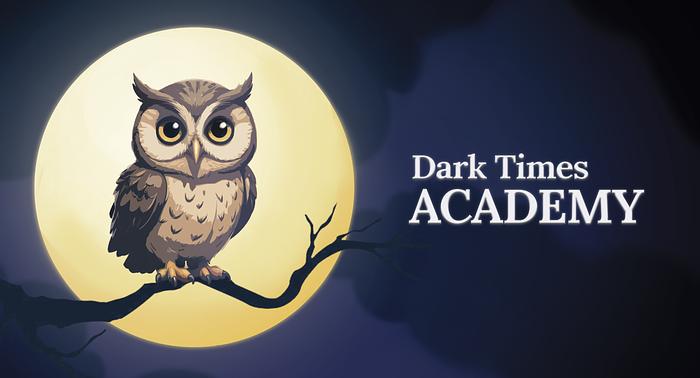Media Capture, Control, and Misinformation in the Digital Age
20 Feb 6:00am – 10 Apr 7:30am 2025 CDT
Check out the course webpage for more details!
Exploring the intersection of information science and sociology, this class will empower you to understand how media capture and control work to spread harmful misinformation. Through case studies, theoretical frameworks, and technological tools, you will come to understand how the powerful influence our media narratives and manipulate public opinion.
Join Karl Folk, founder of the Institute of Unreality , on this 8 week exploration of our media system–and how you can help fix it.
Course Structure
This course will take the form of 8 weekly modules. In each module there will be a 20 minute video lecture, a 90 minute class on Zoom, a list of resources for reading, watching, or listening, a shared group chat on Signal, and e-mail access to the course instructor.
More about Karl Folk
Living in Minneapolis, Minnesota with a background in social psychology and sociology. Writing on the dystopia beat gave him a unique view of the rapidly changing environment being built around and inside our democracy and society leading him on a years long quest to build understanding and draw attention to issues when needed as a new world is being built around us.
Zoom Sessions for this Class
February 20 - April 10, 2025
NZDT: Friday 1:00:00 p.m.
CST: Thursday 6:00:00 p.m.
EST Thursday 7:00:00 p.m.
PST: Thursday 4:00:00 p.m.
Course Outline
Week 1: Introduction to Media Capture and Misinformation
- Definitions: Media capture, control, and misinformation.
- Historical context: From state propaganda to digital manipulation.
- Sociology of media: The role of media in shaping collective behavior.
Week 2: The Economics of Media Capture
- Ownership and monopolization of media outlets.
- Advertising, funding models, and their influence on media independence.
- Economic incentives for misinformation.
Week 3: Misinformation Mechanisms in the Digital Age
- Algorithms, echo chambers, and filter bubbles.
- The role of bots and trolls in spreading misinformation.
- Cognitive biases that make misinformation stick.
Week 4: Sociological Frameworks for Understanding Misinformation
- Mass communication theories (e.g., agenda-setting, framing, cultivation theory).
- Social construction of reality through media narratives.
- Trust, credibility, and media consumption habits.
Week 5: Media Capture in Authoritarian and Democratic Regimes
- Case studies: State-controlled media in China, Russia, and Hungary.
- Democratic vulnerabilities: Polarization and media manipulation in the U.S. and EU.
- The role of whistleblowers and independent journalists.
Week 6: Ethical and Technological Solutions
- The role of information science in combating misinformation: fact-checking and AI.
- Media literacy education as a sociological tool.
- Ethical challenges in regulating misinformation.
Week 7: Final Projects and Synthesis
- Applying theory to practice: Developing frameworks for analysis.
- Open discussion on the future of media control and misinformation.
